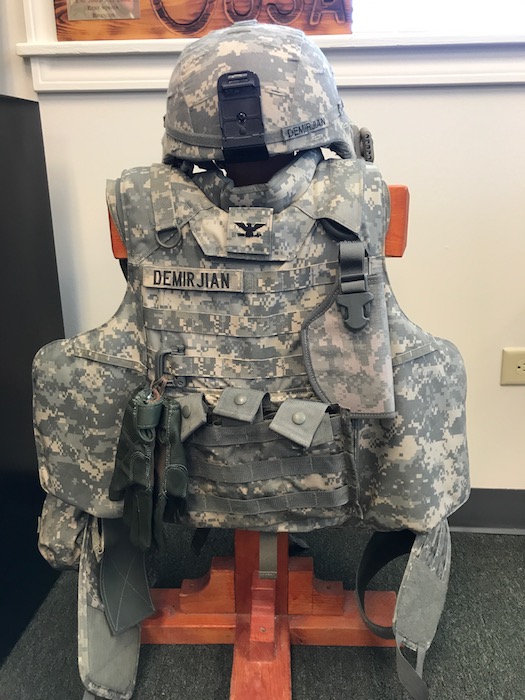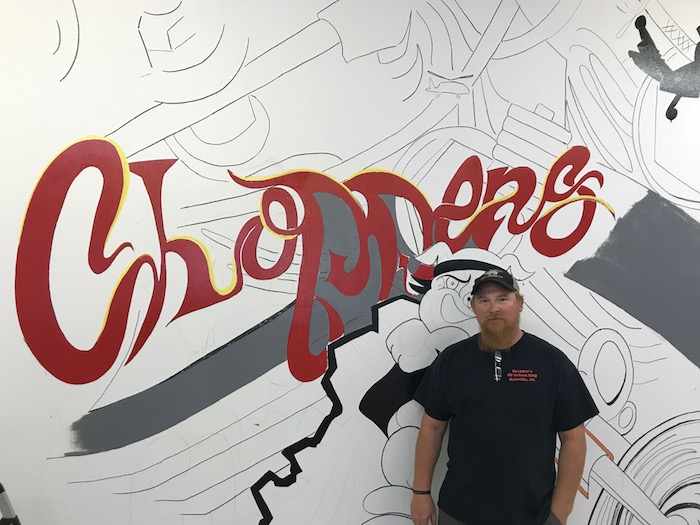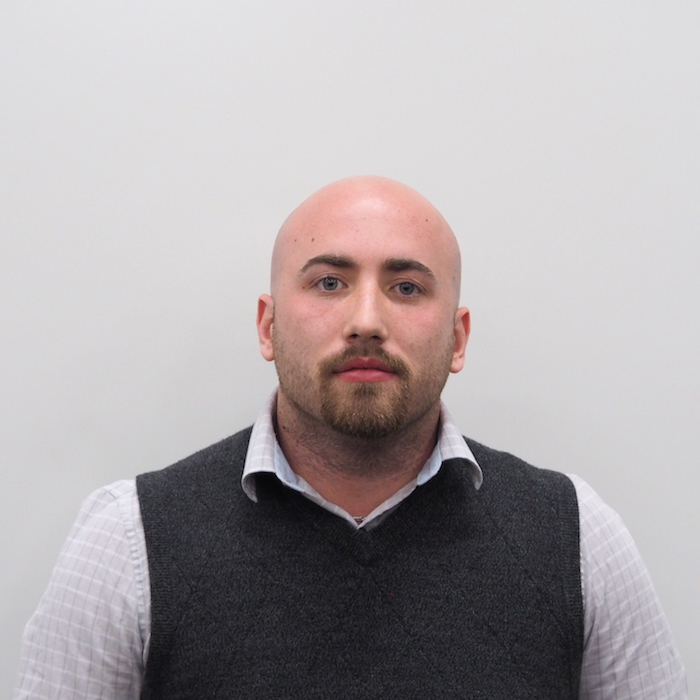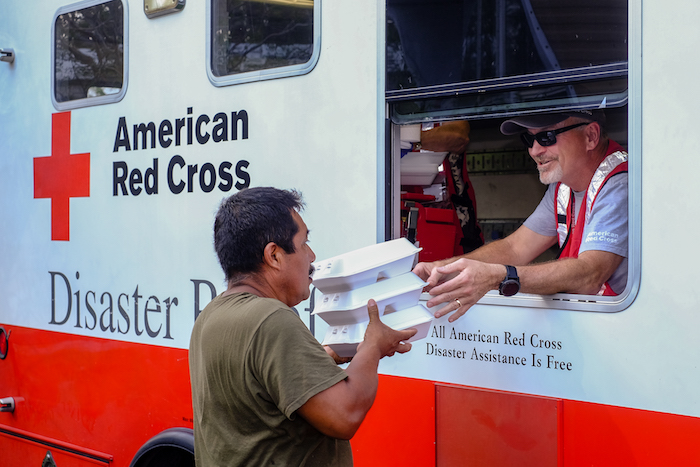Colonel Michael Demirjian is originally from San Diego, California and has served in the United States Army since 1989. Our conversation covered mandatory service, 9/11, and how everyone can improve as citizens. This interview is the last I’ll post from my time at Fort Rucker.
How he contributes as a citizen:
I believe I am a good citizen. The reason being, looking at the definition, I was born here, I follow the laws. Is there more I could do? Absolutely. There’s always more that you can do. My contribution to our citizenry is my service in the military. I am a firm believer that everyone should do something to give back to this country. From the non-political standpoint, giving back is important.
His upbringing made him the citizen he is:
The military didn’t teach me about being a good citizen. My upbringing did. Born and raised Roman Catholic, a lot of my morals and values came from that upbringing. Whether or not I believe in the doctrine now doesn’t matter. The religion helped shape my views along the way. Growing up in the church I gave back to the community; I helped others. I grew up in a fairly conservative middle class area, and it wasn’t perfect, but people paid their taxes and obeyed the laws.
Small things matter for good citizenship:
The last place I lived that wasn’t predominantly military was a series of town-houses. There was a perception that one of the people was subletting their house. Is that person a good citizen? No, I don’t think so. They’re not following the expectations of that community.
How he thinks most people could improve as citizens:
I don’t have facts or figures to back this up. A lot of my ideas are based on perception. I think people could understand the need to give back to the country more. I also think everyone would do well to take an appetite suppressant on thinking the government owes them everything. A lot of people, I get the feeling, think that the government owes them a lot. The government wasn’t designed to give you things. Its job is to establish policies for the safe and efficient running of the country.
He thinks everyone should serve in some capacity:
People can volunteer to give back to less fortunate people; they can serve in the military; they can serve in the government. Whether it’s Ameri-Corps or Peace Corps, these organizations do a tremendous further the values of our country. My hat is off to folks in the State Department. I had a chance to work with several from the State Department a few years ago, and those people do a tremendous amount to help America and promote our values.
I love General McCrystal’s idea of required service; it doesn’t matter how you serve. But you should feel that desire to give back to your country. Whether or not you like all the policies or procedures that go on, it doesn’t matter. It’s your country. There are more ways to give back than serving in the military. Be a teacher! I’m a huge, huge fan of that. It might actually help close some of the divide we see among people right now.
He was in the Pentagon on 9/11:
One of the neatest things I remember is that I was in the Pentagon on 9/11. As we were getting ready to leave for the day, all traffic had stopped coming into the Pentagon area. I lived in Springfield at the time, and I’m wondering: how am I going to get home? There was no mass transit. So I just started walking toward a place to get a cab.
I’m there in my uniform, with the guy who was the skipper of the U.S.S Cole when it was bombed. Some random person saw us and said, “Hey, where do you need to go?” Is that person a good citizen? Absolutely. Helping someone else out, not knowing a single thing about us, just knowing something happened, and helping us out.
How attitudes towards the military have changed:
I’ve seen a change since 1989 when I first joined. Since 2001, there’s a big, big difference. Now, immediately, when people find out I’m military, they say, “Thank you for your service.” I appreciate that, but maybe that person could serve? I don’t remember anyone ever saying that to me from 1989-2001.
(There’s also an interesting disconnect). If you look at what our country did in World War II, and compare it to what we’re doing in wars now, it’s completely different. In World War II, it was a full nation effort. Everybody was doing stuff – factories, doctors. Now, we’ve been at war seventeen years, and I guarantee there are people who don’t know we still have forces in Bosnia.
What it means to be an American:
Being an American means you have the rights associated with the country, and you’re willing to defend those rights. It also means understanding not everything will be perfect, but we also have to know we have the best opportunities in the world. Finally, you can always make a difference.



